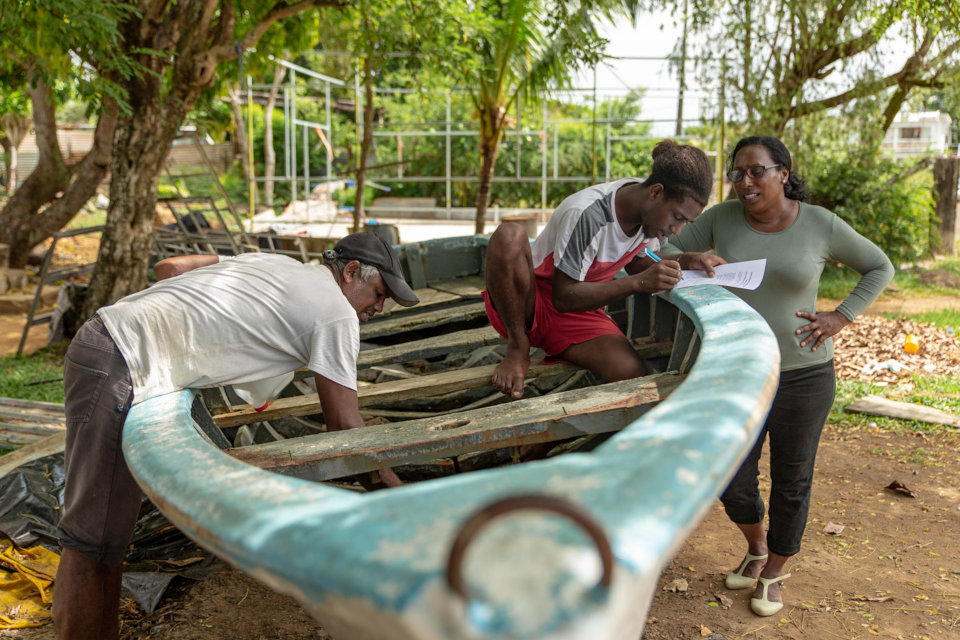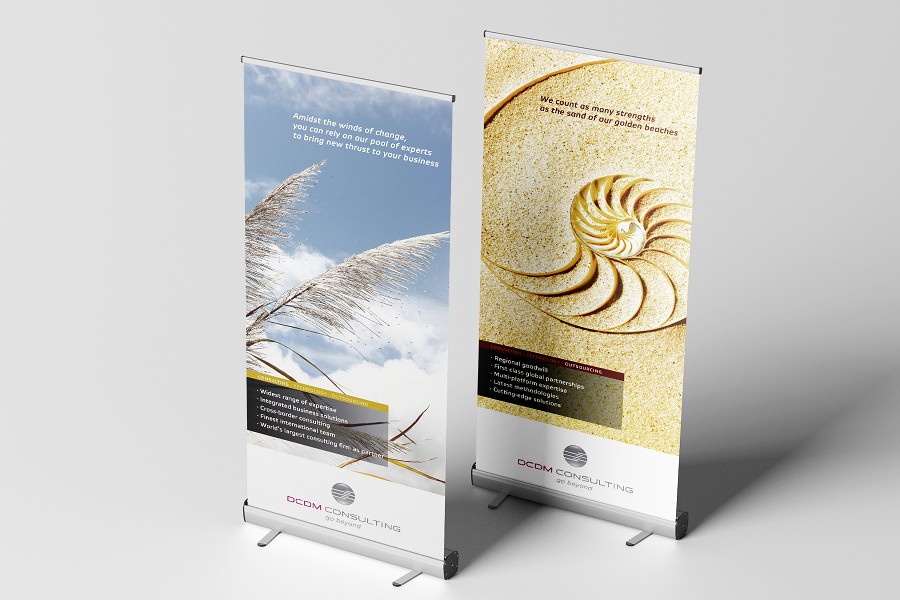
The Republic of Mauritius, which includes the island of Rodrigues, has improved its Information and Communication Technology infrastructure over the past decade. The country ranked first in Africa in the ITU ICT Development Index 2017, the ITU Global Cybersecurity Index 2018 and the UN e-Government Development Index 2020. During a two-day dialogue held in December 2021, participants were asked whether local MSMEs in the tourism sector could leverage the existing ICT infrastructure to expand their access to senior tourists and to digital nomads by providing them with targeted products and services. Here are the answers obtained.
Silver tourism and medical tourism now and in the future
Currently, 25% of the tourists coming to Mauritius are aged 55+. Given that silver tourists are more prone to medical issues, local institutions in Mauritius need to be able to connect rapidly with the treating physicians or medical centres of these people abroad. The current ICT infrastructure of Mauritius is perfectly capable, as shown during the lockdown periods, of supporting video conferencing and the transfer of large files.
Furthermore, Mauritius has embarked on a major strengthening of the health sector through the establishment of a comprehensive digital health system (e-Health) in the country. The Ministry of Health and Wellness (MOHW) has the objective to improve its services through the definition of an ICT strategy. The aim is to enhance processes and optimize the use of resources with a view to increase the effectiveness and quality of patient care. One important consideration is entering new markets through the provision of novel services. In other words, the e-Health project, with the UNDP Mauritius and Seychelles as a major partner, can eventually provide the building blocks required for the establishment of Medical Tourism as a viable sector of the economy.
It is therefore the right time for forward-looking private operators in the medical sector to provide innovative services to this new market segment. For example, what about providing better signage for travelers? Mauritius is known to have numerous small roads and small villages, which can cause people to get lost from time to time. Physical signage can be installed by the local authorities but, in the era of Google Maps, digital platforms can also provide efficient services.
In this context, a private operator can seize the opportunity to systematically submit detailed and precise information to Google Maps (pins, descriptions, photos or, even reviews). The proper business model needs to be defined, but an interesting aspect is that the ICT infrastructure already exists (connectivity, mobile devices, and Google Maps). It is just a question of properly leveraging them.
Knowing Mauritius and its people better
Tourists, whether seniors or digital nomads, are known to be very open and adventurous. Some travel for the ‘sea, sand and sun’ experience, but many seek different experiences and social interactions with the local population.

In the era of ecological consciousness, an option could be matching tourists with members of the local community at the time of booking of the air ticket. What about linking a tourist with a beekeeper, a farmer, or a fisher, weeks before the actual trip? This would allow the tourist to get a feel of the (real) country while the local will be able to benefit, in many ways, including financially, from this interaction. This novel idea is, as a matter of fact, an extension of the social network and the service could be provided by a local operator. In this case, there is no need to reinvent the wheel as existing social networks, such as Facebook, can be leveraged upon.
In the same way, while there are museums in Mauritius, much is left to be done to propose a coherent “museum experience” to visitors. The same observation applies for the promotion of local artists, whose talent deserve to be exposed in a more methodical manner. There is ample space for another local operator to open a virtual museum of Mauritius and Rodrigues linked to strategically placed QR codes everywhere in the country. One can readily reuse platforms such as YouTube or Facebook to create interesting virtual tableaux vivants for those who are traveling in the country. Mauritius being multicultural also offers many opportunities in the religious tourism space.
Modern technology for better experiences

Well-travelled people are often environment-conscious and familiar to the latest digital technologies, and they want to form part of the “right crowd”. Such tourists aspire to share ideas, knowledge and experiences with the local community. They also seek services and immersive learning experiences for them and their children.
Mauritius has a very well-developed ICT infrastructure, and, with a critical mass of innovators, it can become one of the most forward-thinking destinations in the world. The country can shift its focus from an exclusive ‘sea, sun and sand’ offer towards meaningful and potentially life-changing experiences for visitors. The digital transformation of the tourism sector, through products and services provided by innovative local private operators, can be one of the major enablers towards this vision. The role of small, agile and innovative MSMEs is fundamental and policy measures can be designed to create an enabling environment for them. Naturally, access to finance is also important and it is reassuring to see that, in Mauritius, business angels’ investment structures now also exist.
A proper balance between the traditional and the modern is therefore required. It is interesting to note that this transformation is in line with the new UNDP Strategic Plan, which proposes digitalization, innovation, and novel means of financing as enablers for the years to come.




